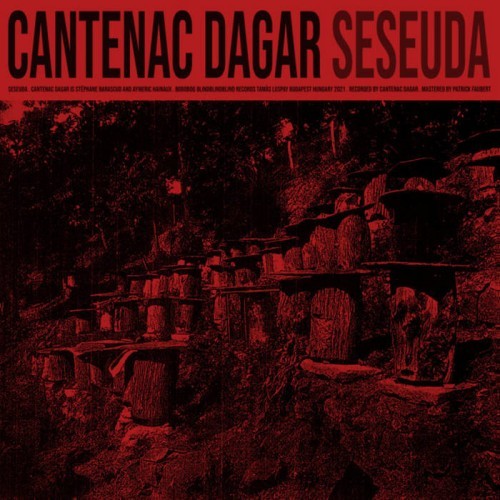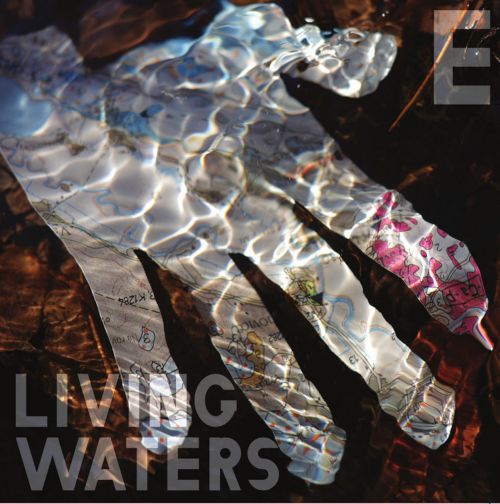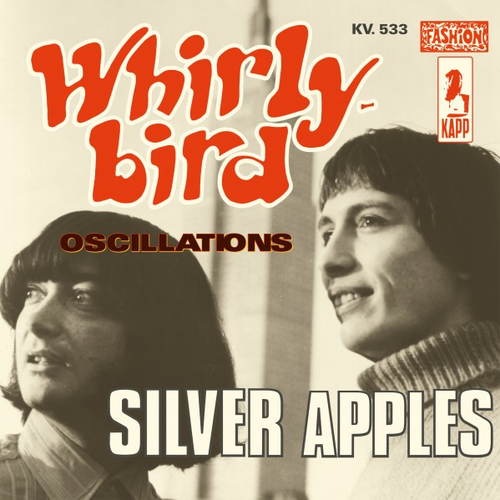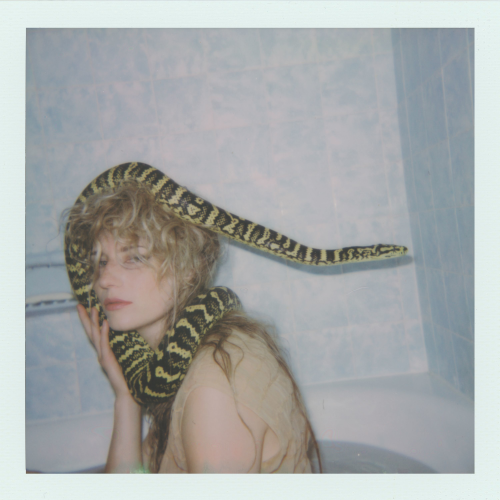Duophonic Super 45s / Drag City
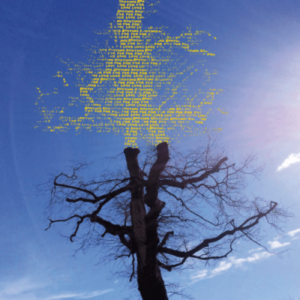 Laetitia Sadier‘s actual solo career releases, either as Monade or under her own name, have been relatively thin on the ground and although her appearances with other artists have been fairly numerous, it is her solo work that we yearn for.
Laetitia Sadier‘s actual solo career releases, either as Monade or under her own name, have been relatively thin on the ground and although her appearances with other artists have been fairly numerous, it is her solo work that we yearn for.
With all ten songs written by Laetitia and co-produced with Hannes, her control is absolute; but the generosity allowed to the assembled players makes for some very varied results, often shot through with familiar motifs, just subtle enough to ring in the memory. The melancholy organ and the bass throb of opener “Who + What?”, allied to the profundity of the words, give you no mistake as to who this is, the rhythm beguiling and unsettling in equal measure; but it seems that with each release, her voice only improves.
The addition of a choir gives a deep, sonorous backing to some of the tracks and although there are refractions of Stereolab, the purity of the voice and the timelessness of the musical settings move us further south into sunnier climes; “Proteiformunite” moves as if adrift before being sucked into an unexpected whirlwind, while “Une Autre Attente” slips away on a motorik groove which is interspersed with moments of stasis, as if Laetitia is unwilling to be lulled into traps. The acoustic guitar that underpins most of the tracks here, a disjointed piano break or shimmering synth sounds; they are all elements that make us think twice before jumping to conclusions.
Other lovely additions, like Hanne’s swinging vibes on “Panser l’Inacceptable” and Marie Merlet‘s flute and Nina‘s childlike vocals on “The Inner Smile” only help to push us further into uncharted waters. In fact, the Latin freak-out which bursts out of the folky flounce of this song is a real pleasure, even as the organ makes a supreme effort to keep things on track.
Still, the words are magical and over an oddly Pram-like dreamy sway in “La Nageuse Nue”, the heart is likened to a gold mine, expressing the effort required to extract our inner goodness. The Pram-like elements can’t help but make me think of Monade and the promise that the initial Rosie Cuckston / Laetitia collaboration held. In my romantic mind, Laetitia is continuing the work alone that Rosie turned her back on, and with this raft of great collaborators the results are lovely.
Rooting For Love is a really welcome return for Laetitia Sadier and one that shows her willingness to merge experimentation with familiarity has lost none of its sparkle and for that we should be grateful.
-Mr Olivetti-
